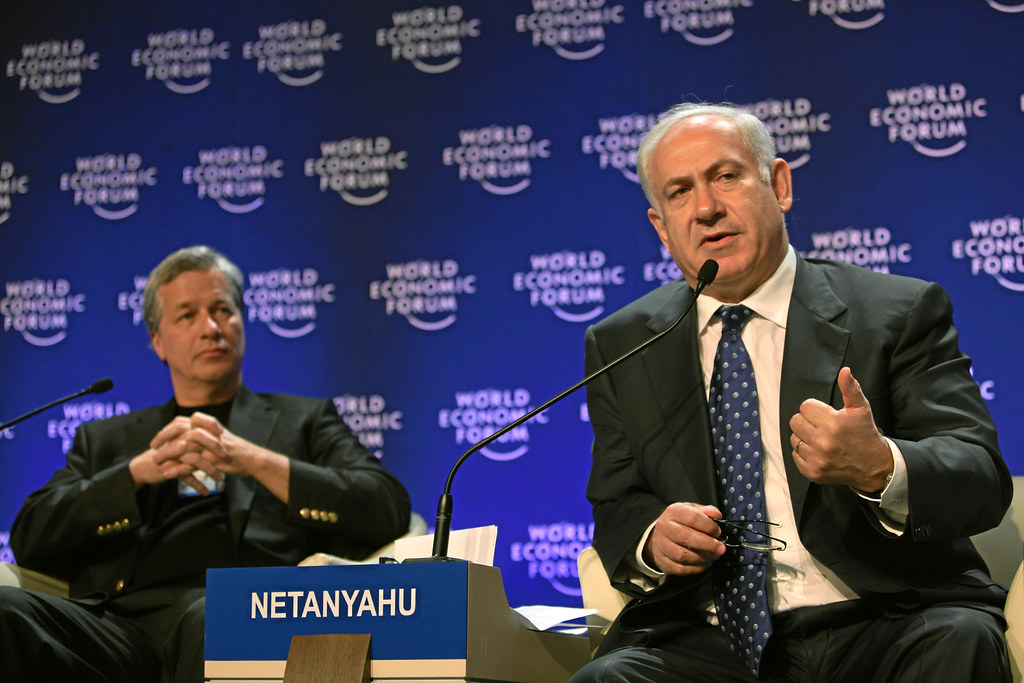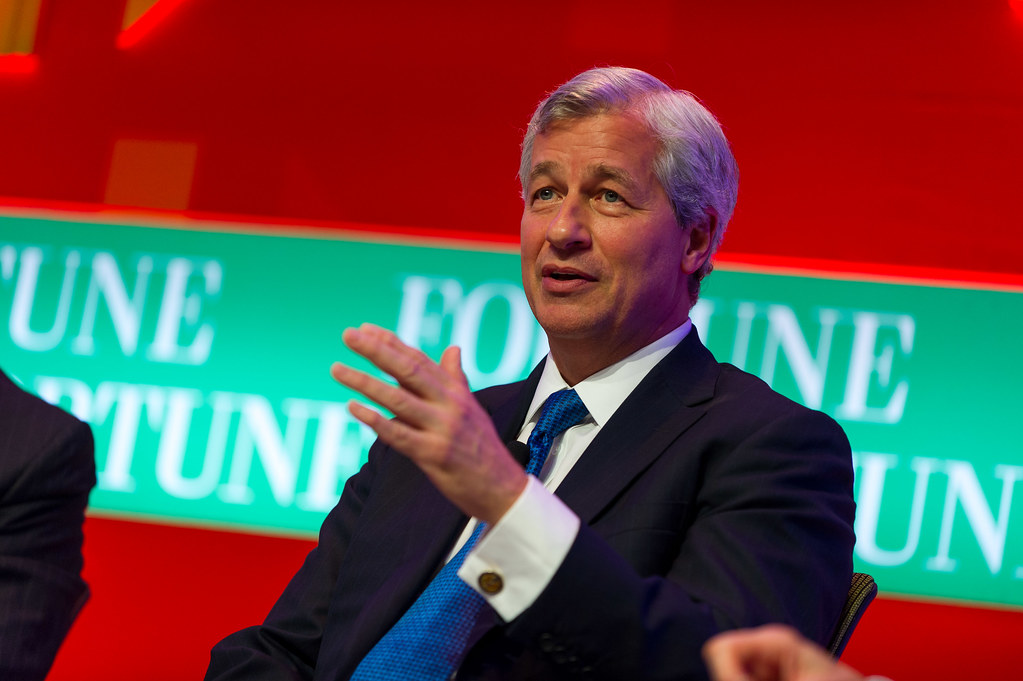
Jamie Dimon, CEO of JPMorgan Chase & Co., has warned that stagflation remains a real possibility as the U.S. faces mounting challenges from geopolitical tensions, growing deficits, and persistent inflationary pressures.
“I don’t believe we’re in a sweet spot,” Dimon said during a Bloomberg Television interview at JPMorgan’s Global China Summit in Shanghai. He added that the Federal Reserve is right to adopt a cautious “wait and see” approach regarding interest rate adjustments.
While the Fed has held rates steady this year amid strong economic data, officials remain concerned about policy uncertainty — particularly around tariffs — and its potential impact. Policymakers have increasingly flagged the risk of simultaneously dealing with rising inflation and higher unemployment.
“I don’t think the U.S. government intends to pull away from China,” Dimon noted, expressing hope that ongoing dialogue would lead to constructive outcomes over time.
The Trump administration’s unpredictable tariff moves and attempts to reduce the scope of federal agencies have heightened concerns over trade instability, inflation, job losses, and the risk of recession. Bank executives report that these uncertainties have caused companies to pause investments and mergers, traditionally major revenue drivers for Wall Street.
Dimon’s latest remarks build on his previous warnings about complacency. He reiterated that recession risks remain and that many tariff effects are still unfolding. At the same time, market volatility has been a boon for JPMorgan’s trading division, which posted record revenues in the first quarter. Still, Dimon acknowledged that ongoing policy uncertainty is causing clients to delay activity. Troy Rohrbaugh, co-head of JPMorgan’s commercial and investment bank, said this week that investment banking fees could decline by mid-teen percentages year-over-year — worse than analysts had forecast.
Dimon also emphasized the urgent need for the U.S. to address its fiscal deficit, acknowledging why some investors might be pulling back from U.S. dollar-denominated assets. “I’m not concerned about short-term dollar fluctuations,” he said, “but I do understand why some are reducing exposure to dollar assets.”
On Capitol Hill, House Republicans on Wednesday unveiled a revised version of Trump’s expansive tax and spending bill, raising the cap on state and local tax deductions to win broader GOP support.
Meanwhile, the U.S. Treasury market extended recent losses, with longer-term bonds hit hardest. A 20-year bond auction drew lukewarm interest, pushing the 30-year yield up as much as 13 basis points to nearly 5.10% — its highest since 2023.
In a further sign of its focus on global risks, JPMorgan this week launched a new “Center for Geopolitics,” producing research on topics such as Russia and Ukraine, the Middle East, and worldwide military buildup. “This center is for us and for our clients,” Dimon explained. “They frequently ask, ‘What should we do about this country? How do we assess geopolitical risk?’”
Click here for more news on Finance and Investing


